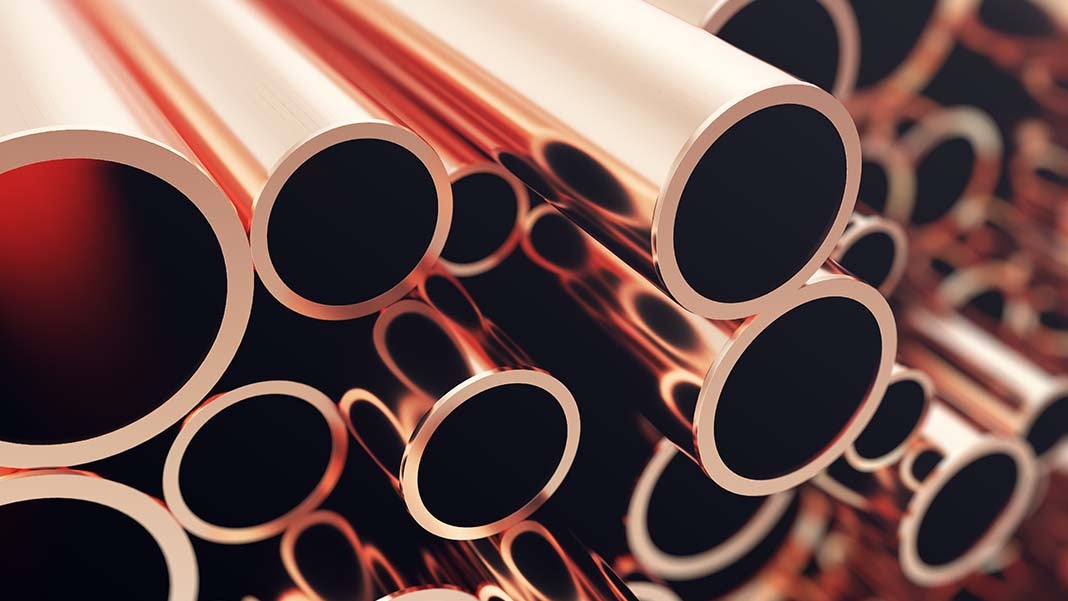Important Materials You Need in the Manufacturing Industry
By: Dan Coconate

Manufacturing encompasses diverse industries, each with unique requirements and challenges.
A medical device manufacturer faces different material constraints than an automotive producer, yet both must navigate the same fundamental question: which materials will best serve their specific applications? The answer requires a deep understanding of material properties, processing capabilities, and long-term performance characteristics.
Follow our guide to learn the most important materials you need in the manufacturing industry.
Metals: The Backbone of Industrial Manufacturing
Steel remains the most widely used metal in manufacturing, offering exceptional strength, versatility, and cost-effectiveness. Carbon steel provides excellent tensile strength for structural applications, while stainless steel delivers superior corrosion resistance for food processing equipment and medical devices.
There are also many advantages of using galvanized steel in manufacturing, including recyclability and extended longevity.
Aluminum has revolutionized industries requiring lightweight yet strong components. Its excellent strength-to-weight ratio makes it indispensable in aerospace and automotive manufacturing.
Copper and its alloys serve specialized roles in manufacturing, particularly where electrical conductivity and thermal management are critical. Brass and bronze offer excellent machinability, making them valuable for marine applications and decorative components.
Polymers: Versatile Solutions for Modern Applications
Thermoplastics dominate polymer applications due to their recyclability and processing flexibility. Polyethylene, available in various densities, serves applications ranging from packaging films to chemical tanks.
Polypropylene offers excellent chemical resistance and fatigue resistance, making it ideal for living hinges and automotive components.
Engineering thermoplastics like nylon and polyoxymethylene (POM) provide mechanical properties approaching those of metals while maintaining the processing advantages of polymers.
One of the most important materials you need in the manufacturing industry is epoxy resin, which is as versatile as it is reliable.
Epoxy resins excel in adhesive applications and composite matrix systems due to their excellent adhesion and mechanical properties. Phenolic resins offer outstanding flame resistance and dimensional stability, making them valuable for electrical components and brake pads.
Composites: Engineering Materials for Demanding Applications
Carbon fiber reinforced polymers represent the pinnacle of composite performance, offering exceptional strength and stiffness while maintaining low weight. The material’s anisotropic properties allow engineers to tailor strength and stiffness in specific directions, optimizing performance for particular load cases.
Aerospace applications leverage these properties for primary structures, while automotive applications focus on weight reduction for improved fuel economy.
Glass fiber composites provide excellent strength-to-cost ratios, making them attractive for high-volume applications. Its electrical insulation properties make it valuable for electrical components and infrastructure applications.
As you can see, there are many essential materials that help manufacturers thrive. Stay ahead in the competitive manufacturing landscape by making informed material choices.
59 Views












